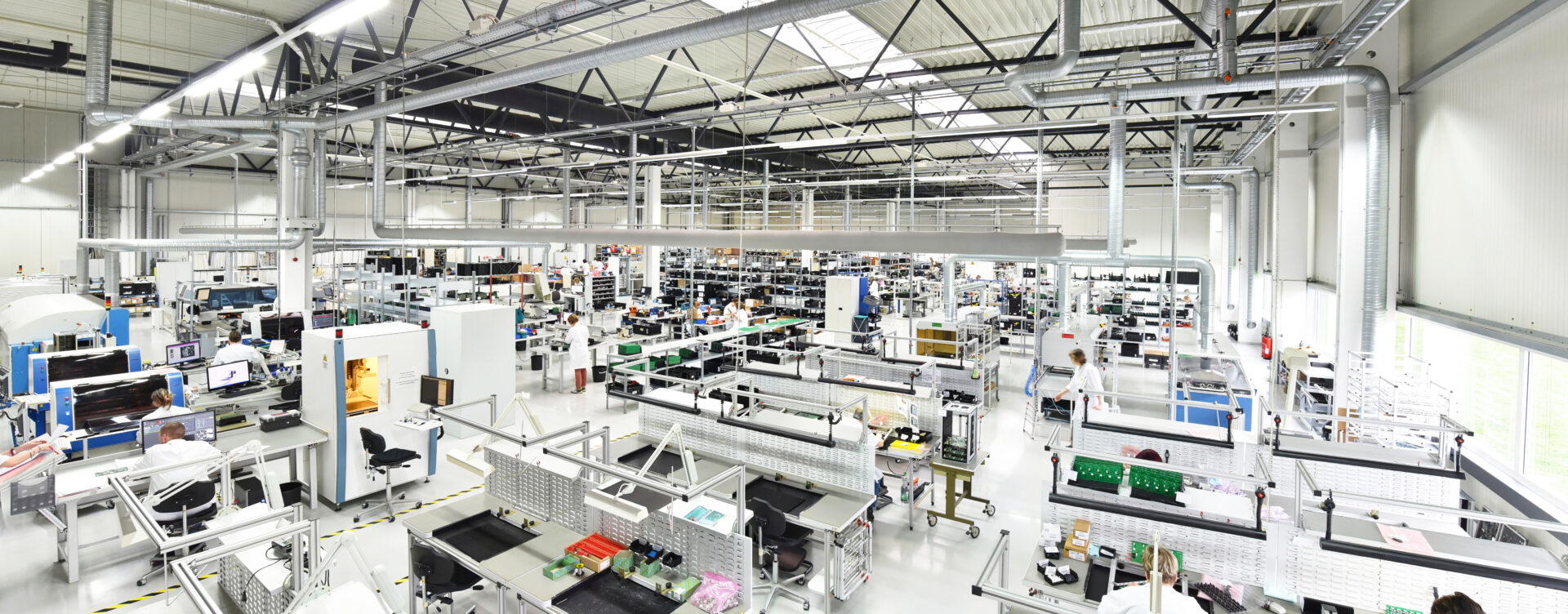At BP Consulting, we understand that the manufacturing sector must navigate an increasingly complex landscape...
Read MoreEnergy Services For Manufacturers In Stoke-on-Trent
The needs of the manufacturing industry are often overlooked; at BP Consulting, our experienced team specialises in delivering tailored energy services for manufacturers in Stoke-on-Trent, exploring renewable energy solutions, and driving cost-efficiency and operational performance to new heights.
Understanding the energy needs and requirements of manufacturers.
At BP Consulting, we specialise in providing tailored energy services for manufacturing efficiency. Our Energy Consulting team have years of experience working with manufacturers to reduce their energy consumption, increase efficiency, and lower costs. We understand that energy management is a critical part of your operations, and optimising your energy use can have a significant impact on your bottom line. Contact our team today to discover how we can help you.
Metering
From coordinating smart meter and half-hourly meter installations to managing your energy supply contracts, we are here to streamline the process for you and assist you in meeting your energy goals.
Reporting
Energy reporting is invaluable for manufacturers as it facilitates transparent monitoring of energy consumption, identifies efficiency opportunities, and ensures compliance with regulations, enabling informed decision-making.
Solar and Storage
Solar energy paired with storage solutions benefits manufacturers by providing a reliable and sustainable power source, reducing dependence on the grid, mitigating energy costs, and ensuring continuous production even during intermittent sunlight periods.
LED Lighting
In large manufacturing spaces, lighting can significantly contribute to energy consumption, making LEDs a cost-effective and sustainable solution.
Combined Heat and Power (CHP)
CHP can reduce manufacturers' energy costs and boosts their green-operations credibility by generating both heat and power from a single system, enhancing overall production.
Smart Technology Controls
By implementing IoT technologies, manufacturers can access real-time data and equipment controls, giving insight into usage and enhancing energy efficiency.
Manufacturing currently accounts for 38% of all energy used worldwide.
The manufacturing industry in the UK produced almost 75 million metric tons of carbon dioxide emissions in 2022.
Industrial emissions have grown 70% since 1990.
The UK has committed to carbon neutrality by 2050.
Services To Help You Optimise Energy In Your Manufacturing Facility in Stoke-on-Trent
Energy Auditing
Energy Management
Our team collaborates with your manufacturing facility to create a tailored energy management plan, covering key areas like site and meter data, contract issues, usage, and extra charges.
Energy Strategy
We can help you create an energy strategy that aligns with your individual needs as a manufacturer. This can include implementing data-collecting devices, optimising usage off-peak or even voltage optimisation to reduce costs and become more sustainable.
Energy Procurement
Finding the right energy contracts for your organisation is a time-consuming process, with a number of suppliers offering a variety of different tariffs. Let us help you procure a competitive price and assist with the ongoing management of your contract to optimise efficiency and your bottom line.
Helpful Links and Compliance for Manufacturers in Stoke-on-Trent
As a leading energy consultancy for manufacturers, we understand the importance of staying ahead in a rapidly changing industry. Our goal is to equip you with timely, relevant insights to efficiently and sustainably manage your facility’s energy demands.
-
The Manufacturer
News Updates for Manufacturers
-
GOV UK Energy Efficiency for Manufacturers
Government advisement for manufacturers on energy efficiency and lowering costs.
-
GOV UK Manufacturers Toolkit
Manufacturing Energy Toolkit to reduce energy usage.
-
Energy Ombudsman
Resolution of disputes between consumers and suppliers in the energy sector.
-
Ofgem UK
Energy Regulator - Business Energy Information
The CCL is an environmental tax on energy delivered to non-domestic users in the UK, designed to encourage energy efficiency. While most manufacturers are subject to the CCL, those that qualify under Climate Change Agreements (CCAs) can receive significant reductions. This enables manufacturers to lower their energy bills while demonstrating commitment to reducing carbon emissions.
MinMet is a relief from the Climate Change Levy (CCL) specifically for manufacturers in the mineralogical and metallurgical sectors. Manufacturers engaged in processes like mineral extraction or metal production may qualify, helping to reduce energy costs and maintain competitive pricing.
The Energy Savings Opportunity Scheme (ESOS) and Streamlined Energy and Carbon Reporting (SECR) are mandatory for larger manufacturers, requiring energy audits and public reporting of energy use and carbon emissions. ESOS provides insights into potential savings, while SECR mandates transparent reporting, supporting sustainability goals and compliance with regulatory standards.
Manufacturers aiming to lower carbon emissions may benefit from IETF, a funding allowance that supports energy-efficient improvements and carbon reduction initiatives. This financial incentive can be instrumental in offsetting costs for manufacturers investing in sustainable practices, from installing energy-efficient equipment to transitioning to renewable energy.
Though the BIS was restructured, it remains central to policy and grants related to innovation and efficiency in manufacturing. Today, it operates under the Department for Business and Trade, which offers guidance, financial support, and innovation grants tailored to help manufacturers boost efficiency, lower emissions, and invest in cutting-edge technologies.
Manufacturing Industries We Work With
The glass and ceramics industries are on track to achieve net zero emissions by 2050. These energy-intensive sectors rely on high-temperature kilns, which drive significant energy use, but the adoption of electric furnaces and increased recycled content are helping to reduce their footprint. In the UK, glass and ceramics production consumes around 7,000 GWh of energy each year, making the sector a focal point for energy savings and carbon reductions.
Hear It From One Of Our Clients...
BP Consulting delivered outstanding savings for us by tailoring their contract strategy to achieve the desired 36-month term at a reduced rate. They organised an initial 12-month contract followed by a 24-month extension, allowing us to avoid the higher costs of a direct 36-month renewal and saving us more than £20k against the direct renewal offers we had received. Throughout the process, they kept me and the team fully updated, ensuring transparency and confidence at every stage.
During the energy crisis, this substantial saving was met with great satisfaction, highlighting BP’s commitment to cost-effective, client-focused solutions.
Office Manager
- UK Leading Manufacturer Of Steel Security Fencing
How Much Could You Save? Find Out Obligation-Free!
Reduce Consumption
We can help you construct an energy strategy tailored to your organisation, and with additional energy management and efficiency measures, you could massively reduce your energy consumption.
Improve Efficiency
Through energy efficiency measures, such as HVAC assessments and IoT solutions, we work with your organisation to lower consumption and improve efficiency.
Save Costs
We secure competitive contracts for manufacturers; reducing consumption and implementing renewable solutions to reduce costs and promote sustainability.
Stay Informed With BP’s Updates For Manufacturers
Rising Energy Costs and Their Impact on UK Businesses
Rising energy costs are causing significant challenges to the UK business landscape. Recent reports show...
Read MoreUK National Grid Reforms To Accelerate Renewable Energy Potential
As the UK pushes toward its 2050 net-zero targets, the construction of clean energy infrastructure...
Read More


